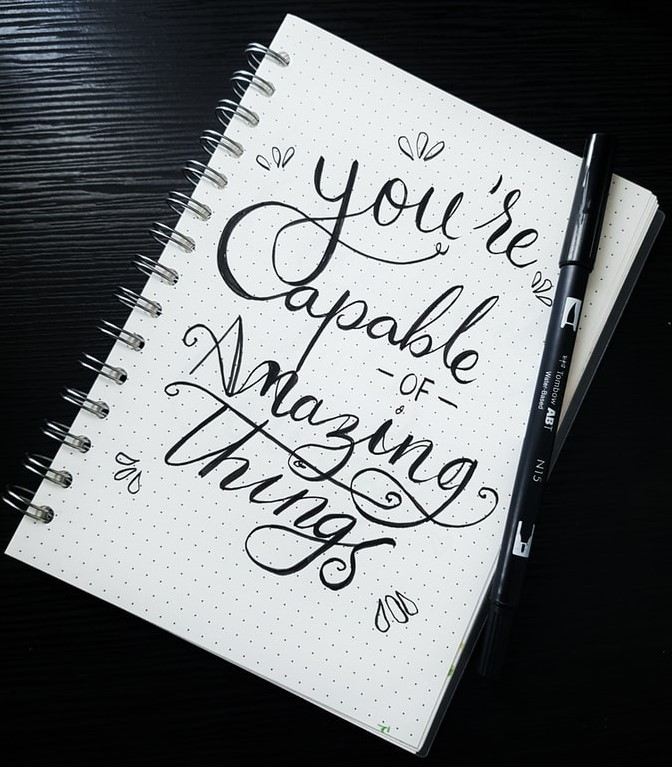Let’s be straight, job-hunting is exhausting and can lead to burn-out. But, it can pay off and change your entire life. This is why it is important to prepare. Yet, there is a difference between being organised and being mentally prepared. I have written this article to target self-defeating thoughts that hinder the process. I hope that by recognising these, you will be in a better mental space to get your next job.
“I’m not the person they want”. You don’t have to meet all their criteria but the more the better. Particularly if you identify as female, you might feel you can only apply if you meet 100% of the criteria. Yet, whoever you are, phrases like ‘highly experienced’ can be off-putting and alienating. This is especially the case if you wouldn’t describe yourself in that way. As a result, you might feel dispirited and move on.
Instead
Be aware of the power language can have over you. If you’d like to get a deeper insight on this, check out this fascinating research on gendered wording in job advertisements. So, if you want the job, regardless of their language, make your own decision on whether you can do it or not. You’re the expert on you.
Also, allow yourself some creativity in framing yourself. You might have experiences that are not on their "list" but offers them a unique perspective that they can use.
“I am afraid of rejection”. It is almost inevitable that some point down the line you'll get rejected. Either they will send you a polite email to say you didn’t get shortlisted or they won’t get back to you at all. It might feel personal, especially if you’re feeling low and experience self-doubt already. If you’re in this mindset, a rejection will be the evidence your brain is looking for to tell you you’re not good enough. This is one way we make sense of the world as it confirms our worldview at the time.
Instead
Reframe it. It’s important to accept that it is likely to happen at some point. Even application advisers get rejected from jobs. It’s not personal. In fact, sometimes it’s because of them; not you. Employers can receive hundreds of applications and they need to eliminate as many as possible. Therefore, you might have been one of those unlucky candidates in the past. The good thing about luck is that the odds can change at any time.
Use it as an opportunity to learn. Ask for feedback so you can do better next time. They might say no but at least you tried and embraced the challenge. This is a part of having a positive-stress mindset. It’s not easy but it’s something you can cultivate.
To add to this positive-stress mindset, sometimes a rejection means the company isn’t a good fit for you. If this is the case, then it’s keeping you available for better opportunities.
“I don’t know what to write for my cover letter”. While under such pressure, don’t expect beautiful, eloquent prose to spill out over the page. Application writing is messy and can be a stop-start process.
Instead
Start with the basic content and worry about language and structure later. The key is to break the process down into small achievable steps. Pick out the skills and examples you want to talk about and get them on paper. Then, use the cover letter guide to develop your structure. Also, be resourceful and ask for further help if you need. Check out our cover letter webinar and, if you want some personalised advice, then book a 1.1 applications advice appointment.
One last thought
There are certain things that you can and can’t control. For example, you don’t know who else is applying to this job or who will be handling your application.
What you can control is how you apply yourself (pun intended).
Respond


